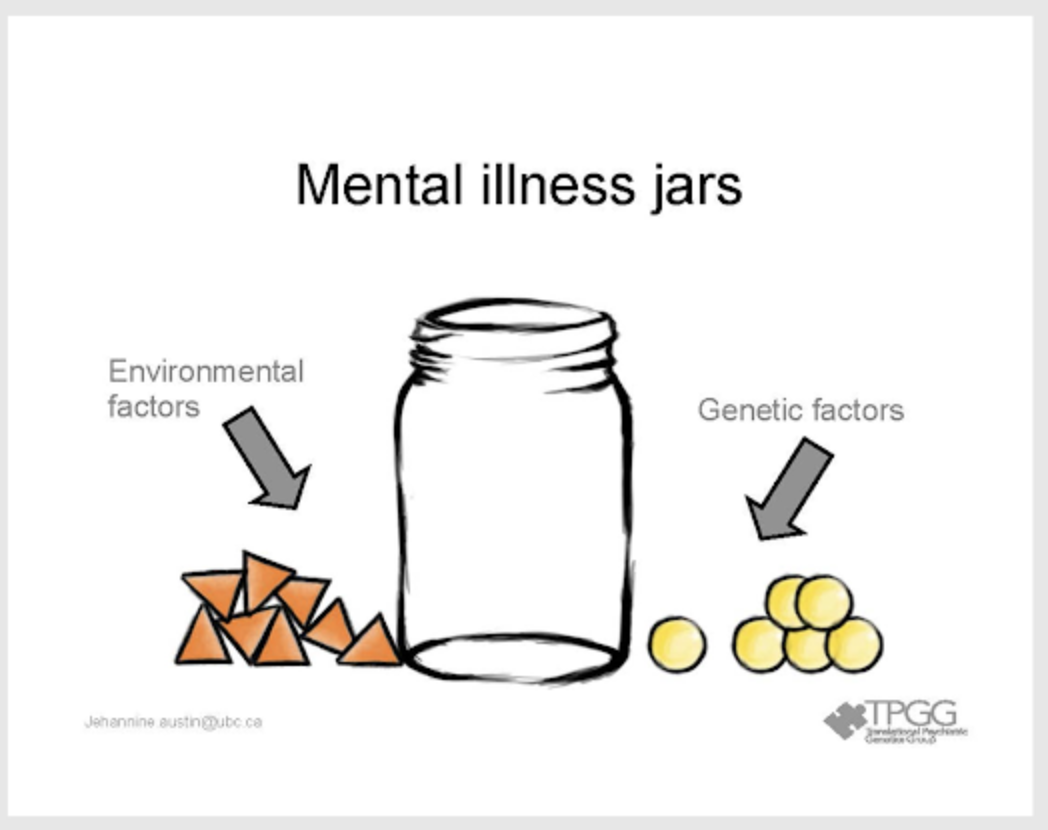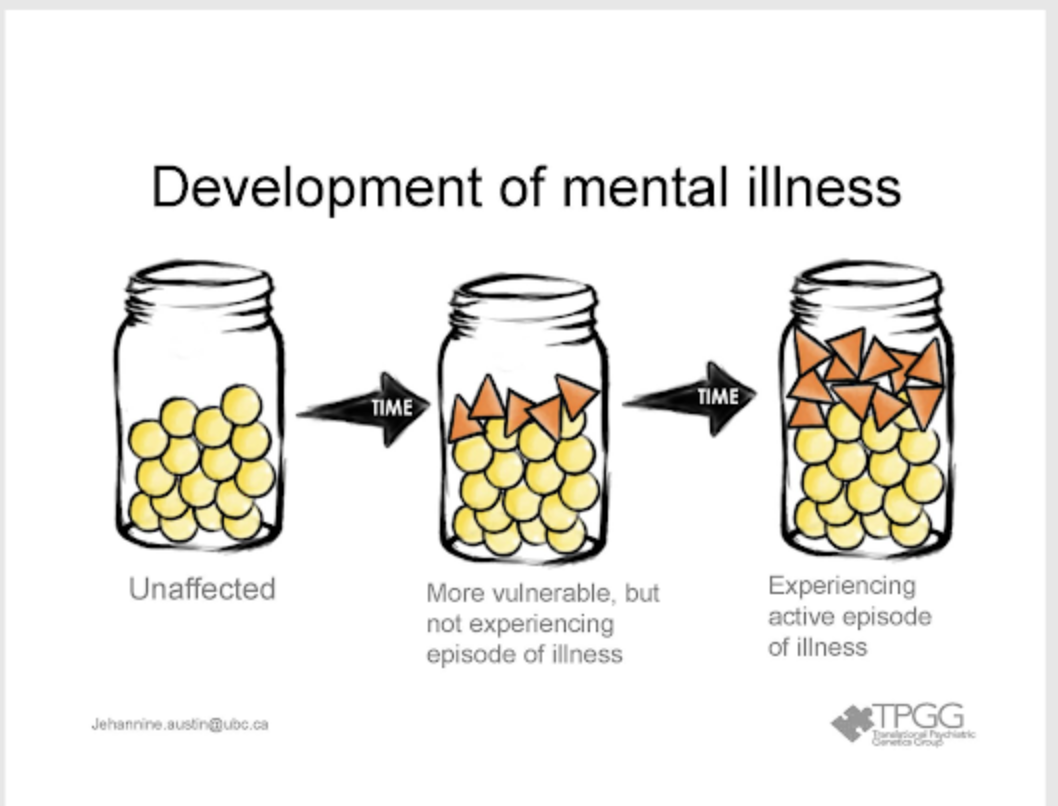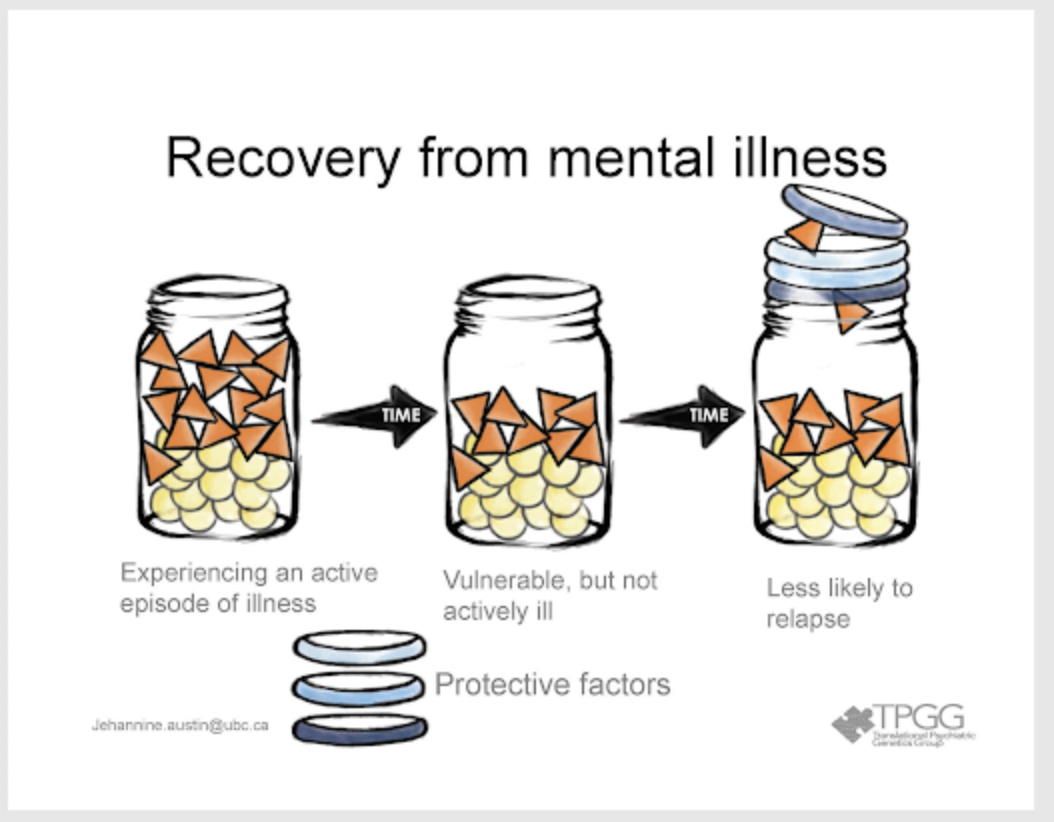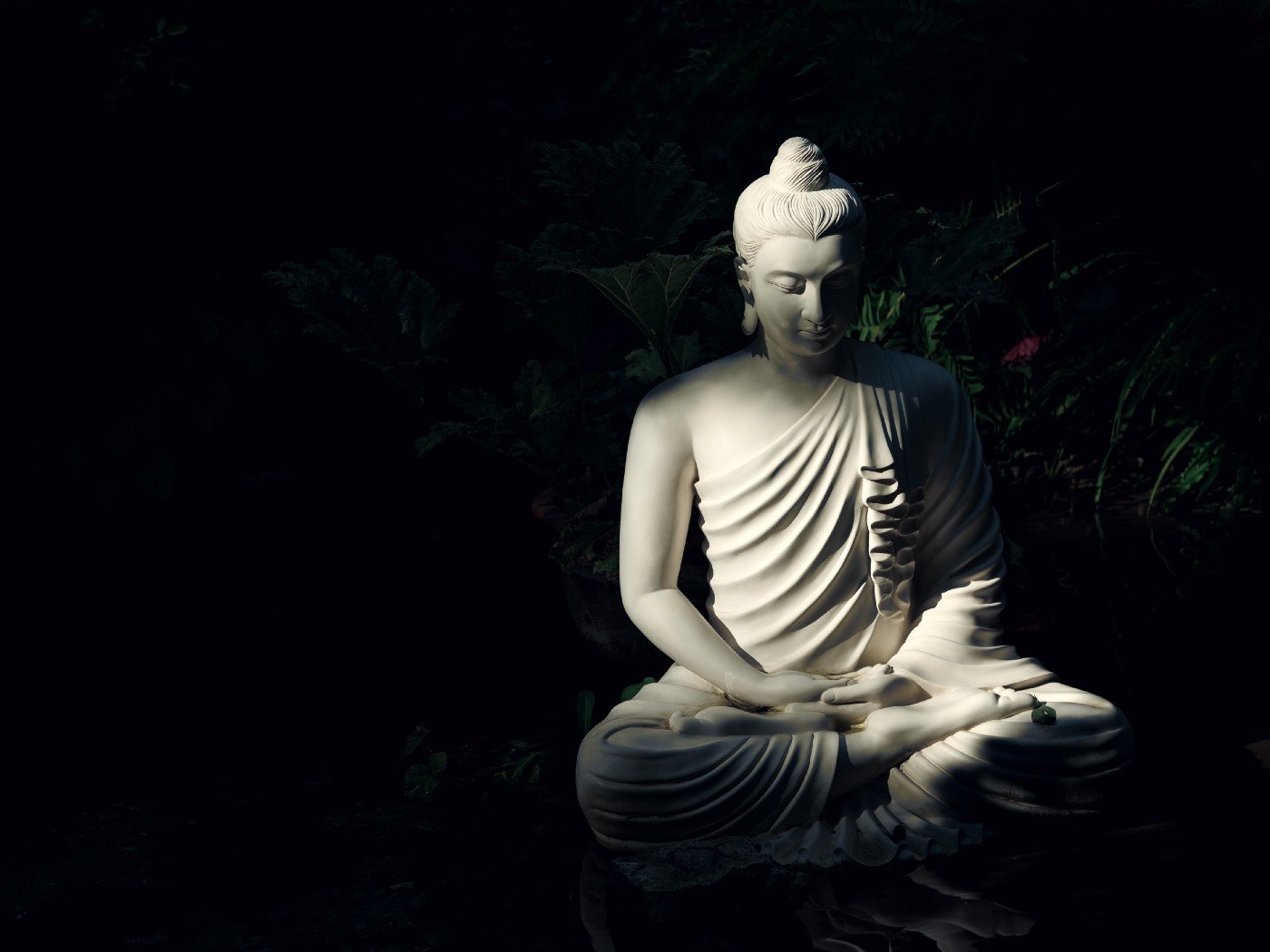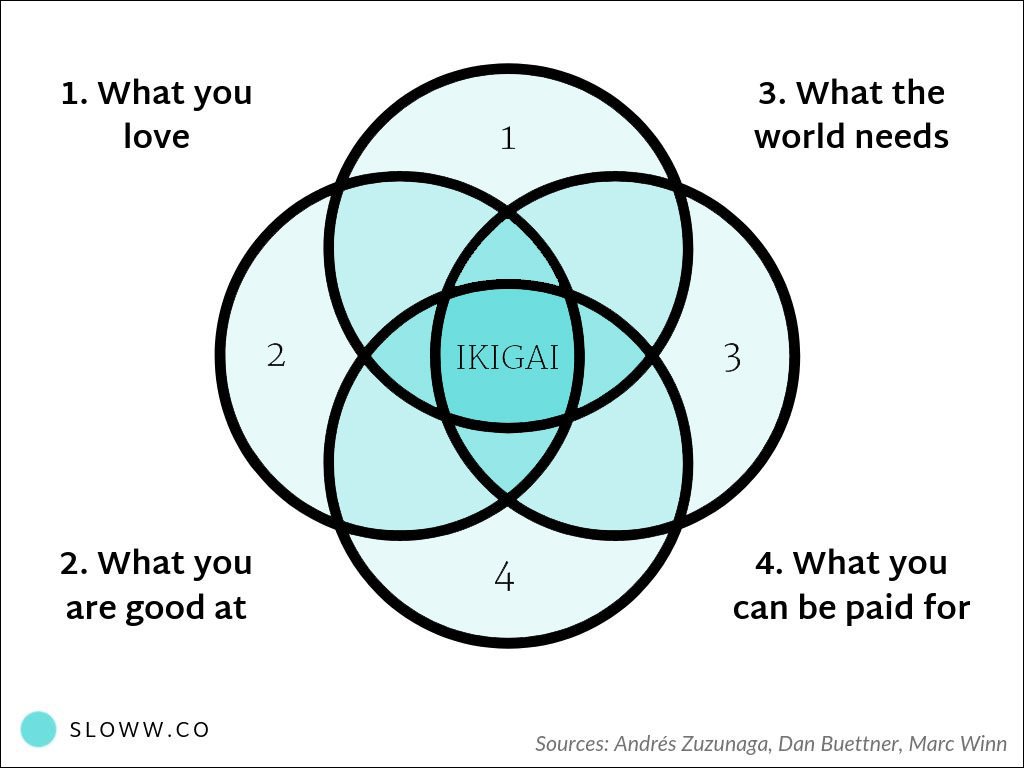Taking Back Control in a Time of Great Uncertainty: A Well-being Journey
I recently gave a talk at the IPIA Autumn Conference. The theme for the event was ‘Print in Balance’ with equal focus given to sustainability and well-being. My talk was based on my well-being journey since lockdown. It was a great event and for me somewhat cathartic to share some of my own experiences and the insight I have picked up on the journey. I hope it is of some use to anyone else! What I discovered last week is that a lot of people have or are struggling. So while the COVID pandemic may seem under some kind of control, the mental health pandemic is not! If you would prefer, here is a link to the podcast conversation with Karis Copp!
Talking About Wellbeing at IPIA Autumn Conference
The Shocking Impact of COVID on Mental Health
The COVID lockdown period has had a huge impact on my mental health. But I am not alone!
According to the Independent, the UK Government’s CORSAIR study which ran from April ‘20 to April ‘22 anxiety and depression have almost doubled.
Between 50% and 60% of women and 40% and 50% of men in England were reporting signs of psychological distress from April 2020 to April 2022 – with that proportion unlikely to have significantly dropped given its stability throughout the pandemic, researchers said.
This is compared to 25 to 30% of women and 20 to 25% of men prior to the pandemic – with the figures for England believed to be reflective of the UK as a whole, according to the latest findings of The Covid-19 Rapid Survey of Adherence to Interventions and Responses (CORSAIR) study, led by University College London and King’s College London.
“I was surprised by these findings – by the magnitude of the increase in psychological stress, the length of time it has held up and by how little it changed at any point in the pandemic. I had expected it would go up and down more,” said Professor Henry Potts, of University College London.
Diagnosis of Chronic Depression
I was among those people who gained unwanted depression. My anxiety skyrocketed and I was diagnosed with Chronic Depression.
In response, I began therapy and started taking antidepressants. Through the course of therapy, I discovered the root cause of my depression. This was interesting and useful, but I am not sure that dwelling on this alone for too long is. So after two series of therapy sessions, I had had enough, at least for the time being.
Back to COVID. With everything shut during the lockdown, including the gyms, my route to exercise was closed. I do run, but less so now I am older. I tend to get injured. Of course, any positive social interaction was curtailed and variety halted, and I slowly but surely slid down into chronic depression. I learned that depression is not something you can just snap out of. And it doesn’t help when people say to you ‘What have you got to be depressed about?’ As if it was just as simple as having a cup of tea and ‘cheering yourself up’ or putting on a brave face.
Regardless, along with the FuturePrint team, I made myself very busy during the lockdown period by hosting virtual events etc and I made sure that I didn’t spend too much time dwelling on it.
I was diagnosed with depression back in July 2020. Over two years later, I am still not completely out of the woods. I still have increased weight to deal with and was recently diagnosed with atrial fibrillation, which is a heart condition which I am sure is linked. So I guess I am still on my journey to recovery.
So what is it that causes depression?
According to all my research, depression is a result of a mix of genetic predisposition combined with life experiences, childhood trauma and just ‘life’. It is good to try to manage, reduce and remove these problems through therapy and medicines. This is the first port of call. But there is more you can do to help yourself which I will explain more about a little later.
What is Chronic Depression?
Persistent depressive disorder, also called dysthymia (dis-THIE-me-uh), is a continuous long-term (chronic) form of depression. You may lose interest in normal daily activities, feel hopeless, lack productivity, and have low self-esteem and an overall feeling of inadequacy. These feelings could last for years and may significantly interfere with your relationships, school, work and daily activities.
What are the symptoms?
● Loss of interest in daily activities
● Sadness, emptiness or feeling down
● Hopelessness
● Tiredness and lack of energy
● Low self-esteem, self-criticism or feeling incapable
● Trouble concentrating and trouble to make decisions
● Irritability or excessive anger
● Decreased activity, effectiveness and productivity
● Avoidance of social activities
● Feelings of guilt and worries over the past
● Poor appetite or overeating
● Sleep problems
After I had completed therapy, I wanted to discover more about depression, how to manage it and also what other people have discovered works for them. I found plenty of sources of inspiration.
What is clear to me now is that the period of lockdown combined with intensive work led to a manic period for me. So all of the things that had previously kept me on an even keel, I had stopped doing. All I was doing was working, caring for ailing parents and supporting my family. Forgetting about yourself is not a good thing for your mental health. While everything else is important, you cannot be an effective person if you do not look after yourself.
Sources of Inspiration
There are some wonderful sources of help with regard to depression. The most useful and relatable I found was Alastair Campbell. His honest, insightful and helpful work with regard to his own mental health has really set the benchmark for insight and help in depression. His struggles were and are not trivial, but his book ‘Living better’ is a superb source of information and inspiration.
As I discovered reading the book, there are things that can be added into the mix that will reinforce your state and build your resilience. And for this, I want to introduce you to the concept of the jam jar.
The Jam Jar
So your jam jar may have some genetic factors in it which will predispose you to some level of depression.
In addition to this, as you go through life there will be events and experiences which will add to filling up your jam jar.
A depressive episode happens when your jam jar is full to overflowing.
While managing the contents of your jam jar is worth doing (therapy & medicine), what is equally effective is creating a larger jam jar by increasing its capacity by adding rings to it. In essence, building resilience through actions that are things which make you feel good and which are nourishing and positive.
We do this by adding activities, experiences and so on which will add size to the jam jar making it more effective in containing all of the negative elements. These activities are enriching, healthy, fulfilling, fun and enjoyable.
For me, this could be:
Exercise
Creativity
Learning
Family
Seeing Friends
Music
Sleep
History
Politics
Cooking
Travelling
Going to the pub
Variety
Conversation
Going out for meals
Source: Living Better, Alastair Campbell
The Stigma of Mental Health: It is OK to not be OK
While the period of COVID did much to compound my depression, it was also a time when things were talked about and social change occurred. Many attitudes and opinions changed for the better accelerated by COVID. Think of the Black Lives Matter movement for instance. Mental health and well-being have also been given their due time in social discourse. It is no longer a problem to talk about finding things difficult.
Many famous people have and are suffering and many have become champions. This has helped tremendously I think. To a large extent, if it wasn’t for this then I would not feel comfortable talking openly about my own health issues.
It has led me to wonder what it takes to manage depression, to take back some kind of control and to create some kind of strategy to move forward in my journey back to wellbeing.
What is Well-Being?
For me, well-being is when I have my life in balance. When my life is in balance I will be motivated to exercise, but also do other healthy things that are good for me including reading, walking, exercising, learning and spending time with family and friends. I will also have time for other things I enjoy doing in solitude including creativity, writing, watching sports, working out, watching films, cooking, travelling, enjoying healthy eating etc. I also include having a drink in all of this, I enjoy it, the flavour, the occasion and the relaxing effect.
But when I am out of balance, I tend to not have time for any of the things that provide me with a level of ‘mind nutrition’. I might still exercise but this is difficult as my drinking too much will not lend itself to working out the next day for obvious reasons! As I overindulged in alcohol, bad food habits crept in and tended to mean I would follow a more emotional path. I become reactive. Of course, I continued to work, but my enjoyment level is practically non-existent. My mood was low.
To manage this better, I have learned that well-being is about having a strategic commitment to making the right choices in a more balanced way. Allowing yourself times when you may go off this middle path but overall being kind to yourself. Then getting back into the centre.
The Buddhists call this the Middle Way
“If we seek happiness purely through indulgence, we are not free. If we fight against ourselves and reject the world, we are not free. It is the middle path that brings freedom.” Jack Kornfield.
The trick is to avoid extremes. So there is no need to become an obsessive exerciser, but equally, becoming an excessive drinker, worrier, or eater is not good either.
Source Jack Kornfield https://jackkornfield.com/finding-the-middle-way/
The Middle Way
Avoiding Extremes
Extremes in behaviour lead to things that negatively impact you. And while it is obvious that being extreme in behaviour with the use of alcohol and drugs is obviously not good for you - neither are extremes in health and fitness in my opinion as it prohibits lots of enjoyable things that in moderation are good for the soul.
I think it is addictive and obsessive behaviour on a different extreme. I don’t relate to this kind of extreme stuff, regardless of how impressive it is.
Incidentally, if these people inspire you, then great. David Goggins for example, has achieved much after an awfully abusive childhood and his many physical achievements are inspiring. But for me, I find it hard to relate to 5,000 chin-ups for example! Being able to do 5 at the moment would be a triumph.
A Balancing Act - Getting out of Balance
I may not be anywhere near David Goggins’ level, but I have always been committed to fitness. I have run marathons and half marathons and I have always been a frequent gym goer and mostly followed a healthy diet and moderate lifestyle. I did this as much for the mental benefits as I do the physical. But during the lockdown, I went from being fit and at a healthy weight to unfit and overweight. I piled on around 10 KG and have frankly struggled since. My alcohol intake must have doubled during that time and this is a difficult habit to break. Add on top of this a recently diagnosed heart condition which I am convinced is all linked to the above. It proves how being out of balance is just not good for your health!
Focusing on Gratitude
Striving for happiness is missing the point. Gratitude is more fundamental and more reachable. So be thankful for health, family, food and environment. Happiness is something which in my mind happens when your life is in balance and happiness ensues while you're busy doing things that speak to your authentic self.
With the social media age we live in, it is easy to be fooled into believing that everyone else is more successful and happier than you are. But depression and mental health is just as big an issue, if not even bigger an issue for famous and highly successful people that may seem to be
Depression and the Super Successful
Maslow in the 1950s defined the ‘Hierarchy of Needs’.
If you recall the early days of the COVID crisis, many people slid down the hierarchy pyramid and panic bought toilet rolls and pasta. I think generally the COVID period has affected many people’s self esteem and mental wellbeing.
At the top of the Maslow pyramid is self-actualisation. People that have attained that glorious high were formerly people such as Einstein, Nobel prize winners, sports personalities, actors, film directors, writers, scientists etc.
Since then, many more of us strive for self-actualisation, and we live in a world where attaining self-actualisation is a prerequisite for happiness.
Success and happiness are now seemingly inextricably linked. But there is not as much evidence to support the notion that people who attain great wealth are any happier than those who do not achieve great wealth. In fact, there is evidence to suggest that multi-millionaires are among the unhappiest of people.
And money, while important, cannot buy you happiness.
In fact, happiness correlates with earning money up to $75,000 per year, after that, it simply levels off!!
So chasing money does not make you happy. It is important to a point, but not anywhere near as much as you may think.
The Roseto Mystery: The Wellbeing Lessons from the Long Living People of a Small Pennsylvania Town
This is a story of a high performing community. But not one of financial wealth!
Malcolm Gladwell’s book ‘Outliers’ begins with the first chapter dedicated to Roseto, a small town in Pennsylvania whose founders were immigrant settlers from a town of the same name in Italy. The reason the first chapter is entitled the ‘Roseto Mystery’ is that in this small town in the US, somehow, during the 1950s and 1960s, inhabitants enjoyed unusually good health. Before the advent of cholesterol-lowering drugs, the leading cause of death for the under 65’s in the USA was heart disease. Yet the people of Roseto were merely dying of old age.
A famous study was made by Stewart Wolff (a physician) and Thomas Bruhn (a sociologist) into how this could be so. They scientifically and meticulously analysed diet, habits, exercise, genes etc. Yet despite following a rigorous methodical process, the ensuing results did not reveal that these Rosetans had any noticeable advantages over or any distinct biological differences from other Americans. In fact, they found that the people of Roseto were just as unhealthy, far too many of them smoked, they didn't exercise enough, and they had bad diets and struggled with obesity. In fact, they lived as unhealthy as the people of neighbouring towns, yet somehow they outlived them by some distance.
Despite a search for a clear science-based reason for this outlier, nothing was found. Nonplussed, Wolff and Bruhn took a different approach.
The research team observed the social culture and behaviour of the community. People lived close to one another, families of three generations frequently convened over dinner, and neighbours helped and supported one another. People talked, connected, and enjoyed one another's company. Everyone had broadly the same kind of lifestyle, lived in roughly the same sized house, and had the same kind of life expectations. There was no obvious difference between those doing well, and those who were not. Those who made mistakes were not ostracised either.
The conclusion the study made was that the Rosetans were, therefore, able to manage stress far more effectively through the mutual support of their community. They enjoyed a shared legacy, culture and purpose. By experiencing lower stress compared with their less community-oriented counterparts in neighbouring towns, they simply were far less likely to get ill and as a result, they lived far longer
SO WHAT?
I love this story as it underlines the power of a connected and active community. Supporting one another, with simple gestures, introductions, help and insight makes a significant difference to the spirit, health and efficacy of people within a healthy, connected and thriving community.
When lockdown ends and the worrying resurgence of coronavirus finally dissipates we look forward to connecting with people again in a face-to-face format and developing new opportunities through shared purpose, focus and collaboration.
The power and importance of a community are not always so obvious until it is no longer there.
How Things Have Changed
Well-being seems to be something we must search for, a distant goal which is only attained by the few. To feel well or good, one must attain the dizzy heights set down by society as important. Those defined by status did the ‘professional jobs’ like lawyer, accountant etc. If you cannot achieve that then earning enough money to live in the right house, have the right car, and wear the right clothes and jewellery means more than actually doing the right job that suits your personality and aligns with your key skills.
The Challenge of Middle Age
For those of us who may have chased money above all else, middle age is where our sacrifice is felt most acutely I would suspect.
It is proven that in all developed societies middle age is where happiness dips. We all start off life relatively happy, then during the course of our early 40s, we start to decline until we hit rock bottom around 50-55. This, I think is down to the fact that we tend to be at the apex of our careers at this point, we are also at our most financially stressed, we will be supporting children, while likely caring for ailing parents. Life put simply, is at its most stressful and this makes us more vulnerable to poor mental health.
As a result, it is probable that you can forget about yourself. And when you forget about yourself for too long then things start to go very badly wrong in my opinion. This is what happened to me during the lockdown period.
Talking ‘Bout My Generation
My generation, Gen-X, are born into parents who despite living through the ’60s are more Victorian in their behaviour and attitude, largely as they were brought up by parents who were virtually Victorian.
You did whatever work you could get, regardless of whether it was any good. And you certainly did not pursue your ‘passion’. Pursuing a profession that suits your personality or your desire in life was not encouraged. In order to do this, you had to rebel against the prevailing wisdom. One must work even if one hates what one did. While this protestant work ethic has much to do with the west’s relative economic success over the past 200 years, times are changing, and this should mean happier people doing jobs that fulfil them and have a clear purpose.
Gen-Z’s are just not prepared to work for an employer who does not have a purpose and who does not care for them. And I think this is a good thing. It will certainly benefit them in their lives and reduce their mental distress and risk of depression.
Purpose & Meaning
Purpose and ‘finding your why’ has been given a high profile by Simon Sinek so I will not go further into his work other than to say if you have not read or seen one of his talks then you need to look into this. But it is important for wellbeing.
What I think is more powerful than Sinek, is the work of Viktor Frankl
He said, “Life is never made unbearable by circumstances, but only by lack of meaning and purpose.”
Frankl survived Auschwitz while losing most of his family including his wife. He did so by finding meaning in the smallest things and this enabled him to survive. His famous book 'Man's Search for Meaning’ is well worth a read as it draws on his experiences.
Frankl said, “mental health is based on a certain degree of tension, the tension between what one has already achieved and what one still ought to accomplish, or the gap between what one is and what one should become. Such a tension is inherent in the human being and therefore is indispensable to mental well-being. We should not, then, be hesitant about challenging man with a potential meaning for him to fulfil. It is only thus that we evoke his will to meaning from its state of latency. I consider it a dangerous misconception of mental hygiene to assume that what man needs in the first place is equilibrium or, as it is called in biology "homeostasis", i.e., a tensionless state. What man actually needs is not a tensionless state but rather the striving and struggling for a worthwhile goal, a freely chosen task. What he needs is not the discharge of tension at any cost but the call of a potential meaning waiting to be fulfilled by him.”
The core point is we need meaning and purpose. We can be tougher and if we are driven by a genuine cause.
The Stoics and Looking through different lenses
“Happiness and Freedom Begin with a Clear Understanding of One Principle. Some things are within your control. And some things are not.” Epictetus
Going even further back in time, the Stoics were an ancient school of thought that placed value on virtue. So in essence, ethical behaviour and integrity are given priority over wealth and personal success. This also governed their thinking towards life and overcoming adversity and dealing with success.
Similar in thinking to Viktor Frankl, their point is that most times we have a choice over how we feel about things. If we feel stressed we do have the choice to think differently.
Seneca said, that “there are more things…likely to frighten us than there are to crush us; we suffer more in imagination than in reality.”
Seneca continued, “do not be unhappy before the crisis comes…We are in the habit of exaggerating, or imagining, or anticipating, sorrow.”
They deploy a technique which is now called ‘Cognitive Distancing’
Epictetus famously said, “It’s not things that upset us but rather our opinions about things.” In practice, therapists ask clients to imagine that they’re wearing coloured spectacles:
If you believe the world is actually rose-tinted or dark and gloomy because of the lenses before your eyes, that's like fusing your beliefs with reality. Realising that the world isn’t really that colour – it’s just the glasses ‒ is like cognitive distancing. It’s the difference between telling yourself “Life sucks!” and “I’m just assuming that ‘life sucks.’
The Stoics knew this over two thousand years ago. Marcus Aurelius likes to refer to cognitive distancing as the “separation” of our judgements from external events. The goal of Stoicism is to suspend certain value judgments responsible for unhealthy passions in this way.
Give this a try next time you feel stressed. Remember that you have the power to change the lens through which you are looking.
You choose what glasses you look at things through. You don’t have to let it stress you out or give you anxiety. It’s just the glasses.’
IKIGAI
I am convinced that many people do jobs they hate in order to earn the money they need to have a lifestyle, house, car, holidays they must have. As a result, these people live for the weekend. But do not live their best life. This is a stressful and unhappy existence and bad for your mental health.
Being aligned with IKIGAI can really help.
This is a super useful tool that originates from Japan. The principle is simple, imagine the 4 circles that overlap each other. In terms of earning a living then we should do something which sits in the middle of these 4 circles.
Something you love
Something you are good at
Something that is useful to the world
Something you can charge money for
This is the kind of thing you should do in life. This is the kind of thing that will enable you to feel fulfilled and will also be something that will be good for your mental and financial health.
Cold Baths & Showers
I have Paul Spiers to thank for this introduction. Wim Hof is the iceman. He holds lots of records for spending an inordinate amount of time in cold temperatures. The principle is that over generations we have become softened as a species by inventions such as central heating and cosy warm beds and have lost some of our resilience as a result. Hof has evidence that by exposing ourselves to lower temperatures it is good for the mind and for the body. We focus on our breath while we do this and we tend to think of nothing else. It's mindful, try it.
Hof experienced tragedy when he lost his wife to suicide. To help himself he delved into many treatments and processes to help him heal and manage the grief. This was the most effective method for him along with breathing therapy.
Conclusions
As I write this, I am about to give a talk on wellbeing at the IPIA conference. My journey has not ended but I do feel that I am moving out of the dark cloud of chronic depression. There is light at the end of the tunnel…
If you have read this far into this article, then you may also be feeling not so great.
If you are feeling unusually anxious, if you are increasingly short-tempered, finding it difficult to sleep while feeling fatigued and exhausted much of the time, and are not feeling joy in any of the activities and interests that you previously used to, then talk to a Doctor! Consider antidepressants, therapy, or both and try to find something that provides you with a positive way through the fog.
And remember, there is no shame in it.
Now I feel more positive about things. I am setting myself some ‘taking back control’ targets.
Targets by Dec 1
● Grow my jam jar
● Get a bike
● Drink less. Thurs-Sat
● Fix heart: Get back into sinus rhythm
● Reduce 8 KG by Nov 1
● Exercise 5 x Week
● Write more, Present more
● Spend quality time with family
● Spend more time with good friends
I wish you the very best, and I hope that this article does something to help.
If anyone wants to reach out, then do email me at marcus.timson@fmfuturenow.com


